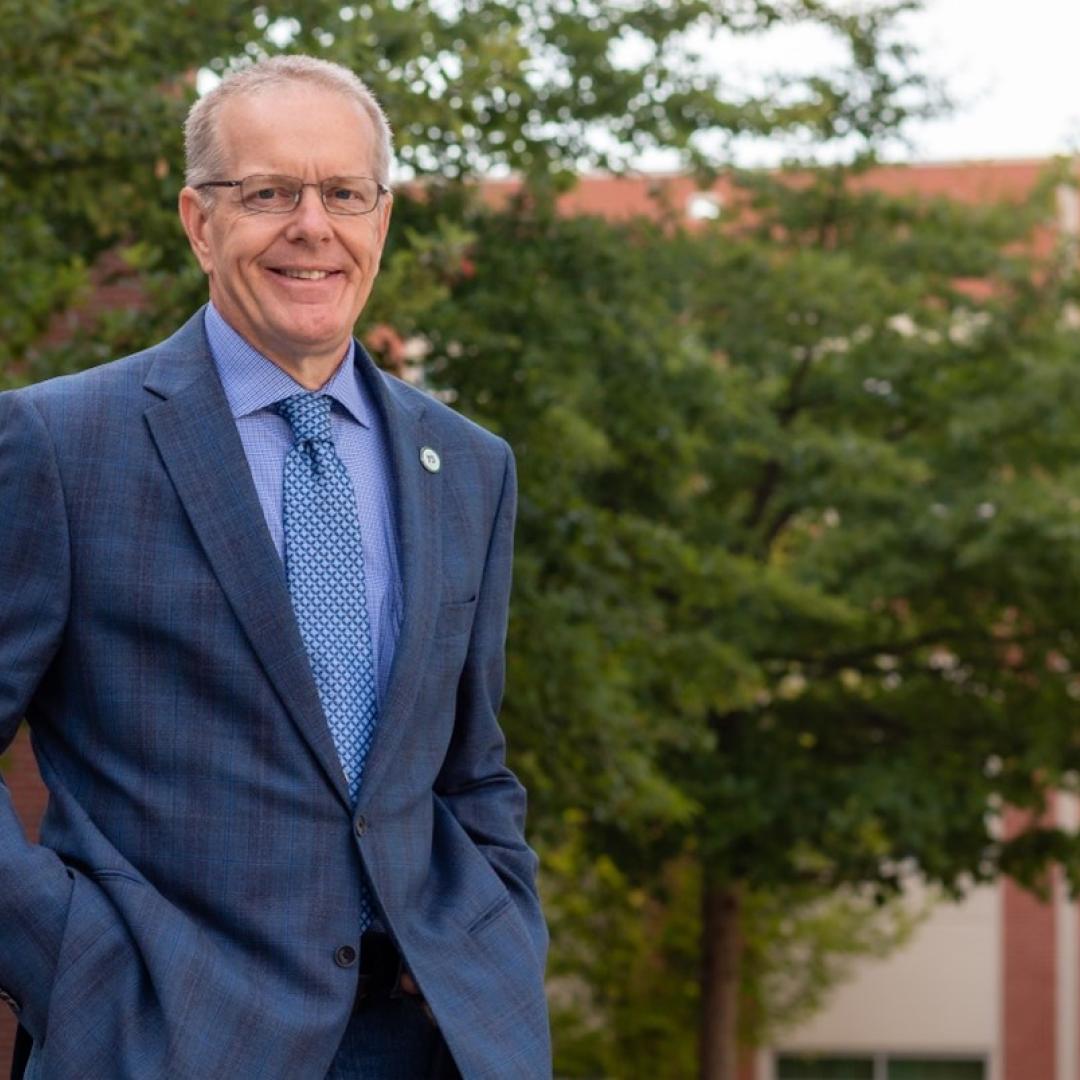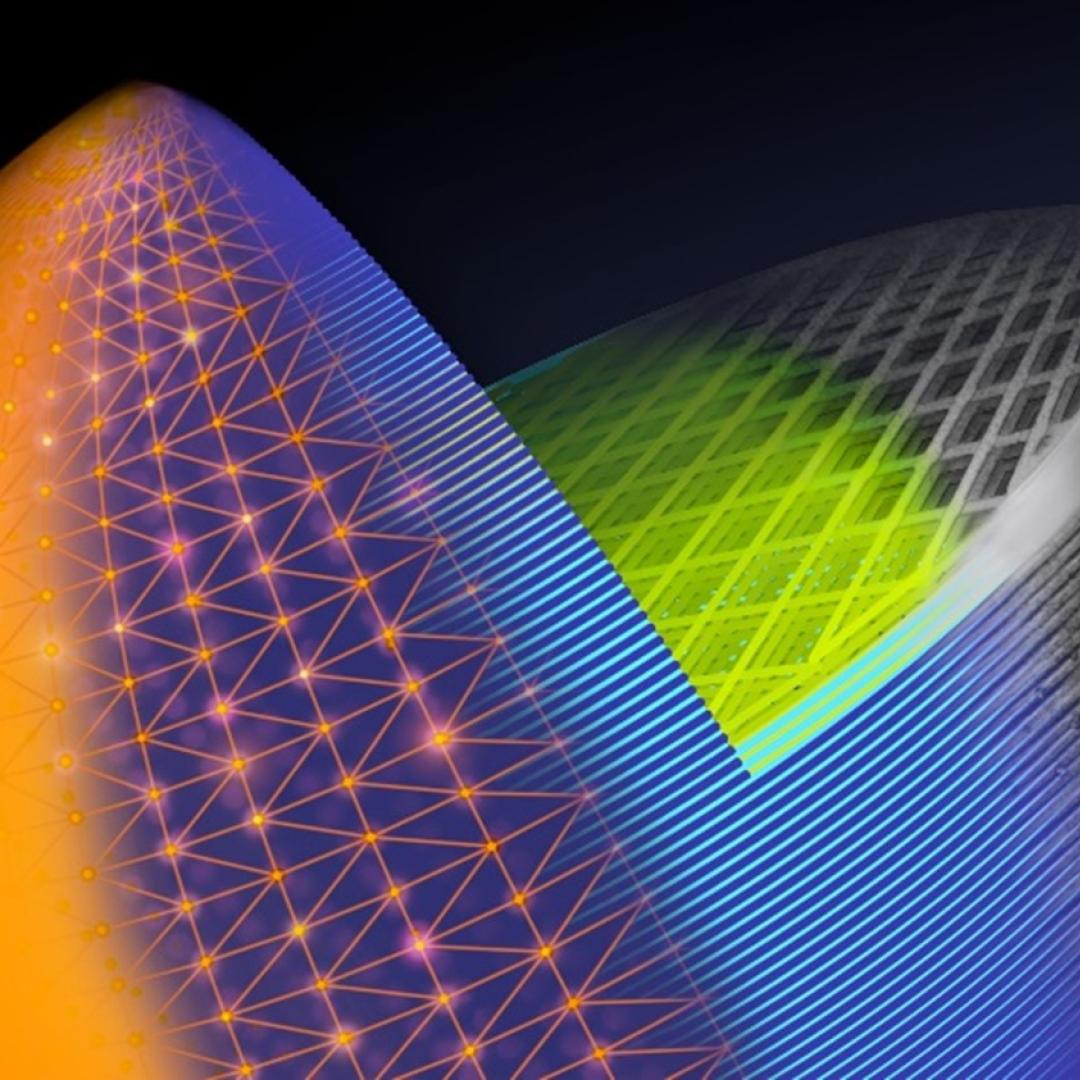
Filter News
Area of Research
News Topics
- (-) Critical Materials (26)
- (-) Frontier (42)
- (-) Molten Salt (8)
- (-) Physics (61)
- 3-D Printing/Advanced Manufacturing (121)
- Advanced Reactors (34)
- Artificial Intelligence (91)
- Big Data (53)
- Bioenergy (91)
- Biology (98)
- Biomedical (58)
- Biotechnology (22)
- Buildings (57)
- Chemical Sciences (63)
- Clean Water (29)
- Climate Change (99)
- Composites (26)
- Computer Science (187)
- Coronavirus (46)
- Cybersecurity (35)
- Decarbonization (79)
- Education (4)
- Element Discovery (1)
- Emergency (2)
- Energy Storage (108)
- Environment (194)
- Exascale Computing (37)
- Fossil Energy (5)
- Fusion (54)
- Grid (62)
- High-Performance Computing (84)
- Hydropower (11)
- Irradiation (3)
- Isotopes (53)
- ITER (7)
- Machine Learning (47)
- Materials (144)
- Materials Science (140)
- Mathematics (7)
- Mercury (12)
- Microelectronics (3)
- Microscopy (51)
- Nanotechnology (60)
- National Security (61)
- Net Zero (13)
- Neutron Science (131)
- Nuclear Energy (108)
- Partnerships (44)
- Polymers (33)
- Quantum Computing (34)
- Quantum Science (69)
- Renewable Energy (2)
- Security (24)
- Simulation (47)
- Software (1)
- Space Exploration (25)
- Statistics (3)
- Summit (57)
- Sustainable Energy (125)
- Transformational Challenge Reactor (7)
- Transportation (97)
Media Contacts
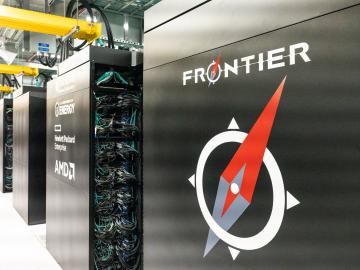
The Frontier supercomputer at the Department of Energy’s Oak Ridge National Laboratory earned the top ranking today as the world’s fastest on the 59th TOP500 list, with 1.1 exaflops of performance. The system is the first to achieve an unprecedented level of computing performance known as exascale, a threshold of a quintillion calculations per second.
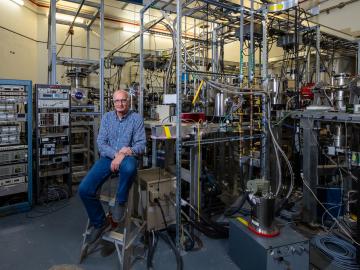
Scientists are using Oak Ridge National Laboratory’s Multicharged Ion Research Facility to simulate the cosmic origin of X-ray emissions resulting when highly charged ions collide with neutral atoms and molecules, such as helium and gaseous hydrogen.
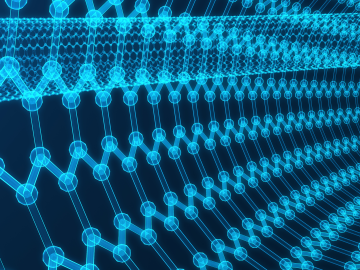
A study led by researchers at ORNL used the nation’s fastest supercomputer to close in on the answer to a central question of modern physics that could help conduct development of the next generation of energy technologies.
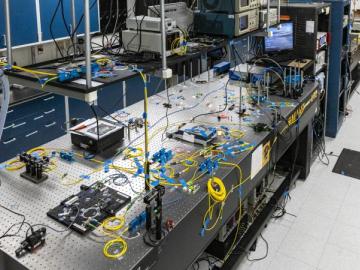
A rapidly emerging consensus in the scientific community predicts the future will be defined by humanity’s ability to exploit the laws of quantum mechanics.
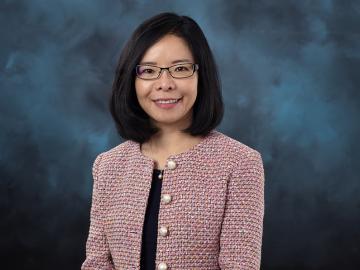
A world-leading researcher in solid electrolytes and sophisticated electron microscopy methods received Oak Ridge National Laboratory’s top science honor today for her work in developing new materials for batteries. The announcement was made during a livestreamed Director’s Awards event hosted by ORNL Director Thomas Zacharia.
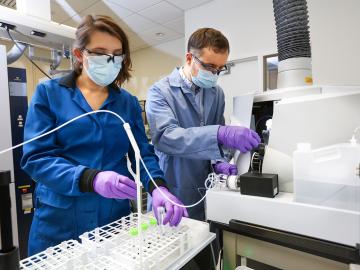
A new technology for rare-earth elements chemical separation has been licensed to Marshallton Research Laboratories, a North Carolina-based manufacturer of organic chemicals for a range of industries.
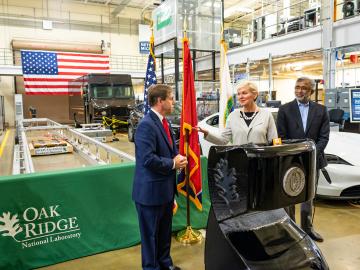
Energy Secretary Jennifer Granholm visited ORNL on Nov. 22 for a two-hour tour, meeting top scientists and engineers as they highlighted projects and world-leading capabilities that address some of the country’s most complex research and technical challenges.

The U.S. Department of Energy’s Office of Science announced allocations of supercomputer access to 51 high-impact computational science projects for 2022 through its Innovative and Novel Computational Impact on Theory and Experiment, or INCITE, program.
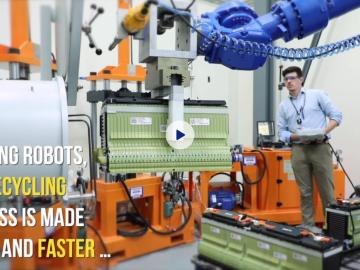
Researchers at ORNL have developed a robotic disassembly system for spent electric vehicle battery packs to safely and efficiently recycle and reuse critical materials while reducing toxic waste.
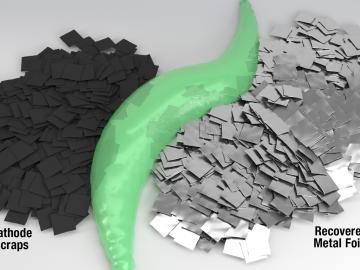
Scientists at Oak Ridge National Laboratory have developed a solvent that results in a more environmentally friendly process to recover valuable materials from used lithium-ion batteries, supports a stable domestic supply chain for new batteries


